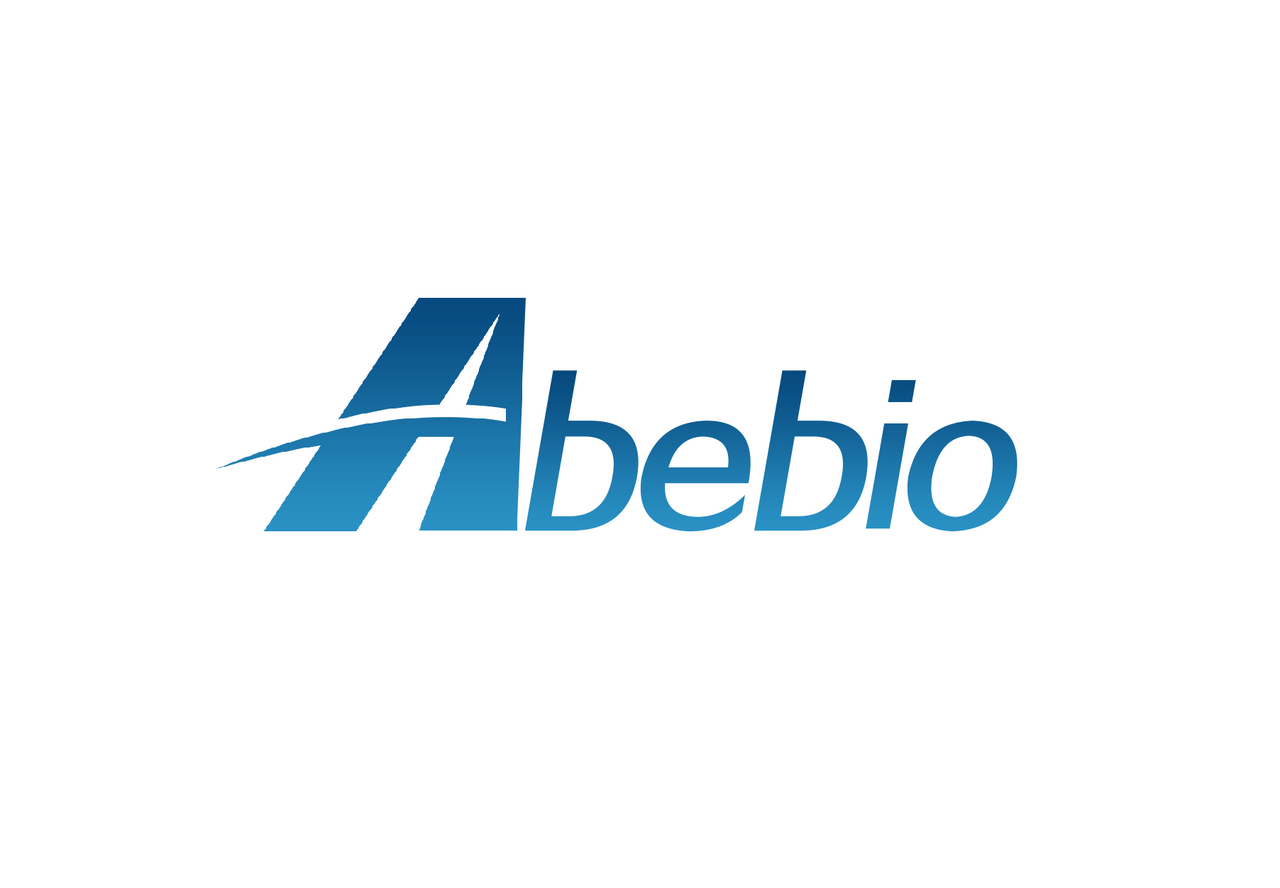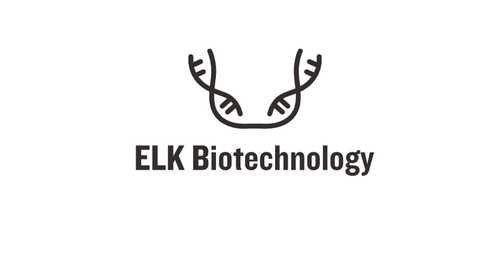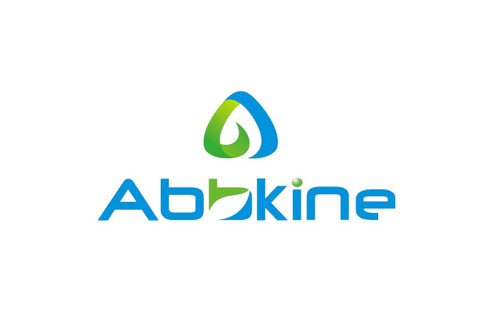Product Description
Human Reticulon-4 receptor (RTN4R) ELISA Kit | AE21043HU | Abebio
Species Reactivity: Human (Homo sapiens)
Abbreviation: RTN4R
Alternative Name: NGR; NOGOR; Nogo-66 receptor|OTTHUMP00000197866|UNQ330/PRO526|nogo receptor
Application: ELISA
Range: 0.312-20 ng/mL
Sensitivity: 0.123 ng/mL
Intra-Assay: ≤6.2%
Inter-Assay: ≤9.4%
Recovery: 0, 97
Sample Type: Serum, Plasma, Other biological fluids
Detection Method: Sandwich
Analysis Method : Quantitive
Test Principale: This assay employs a two-site sandwich ELISA to quantitate RTN4R in samples. An antibody specific for RTN4R has been pre-coated onto a microplate. Standards and samples are pipetted into the wells and anyRTN4R present is bound by the immobilized antibody. After removing any unbound substances, a biotin-conjugated antibody specific for RTN4R is added to the wells. After washing, Streptavidin conjugated Horseradish Peroxidase (HRP) is added to the wells. Following a wash to remove any unbound avidin-enzyme reagent, a substrate solution is added to the wells and color develops in proportion to the amount of RTN4R bound in the initial step. The color development is stopped and the intensity of the color is measured.
Product Overview: Reticulon 4 receptor is the receptor for reticulon 4, oligodendrocytemyelin glycoprotein and myelin-associated glycoprotein. This receptor mediates axonal growth inhibition and may play a role in regulating axonal regeneration and plasticity in the adult central nervous system. The Nogo-66 Receptor (NgR) is a high affinity binding receptor for a region of Nogo, a myelin associated protein that inhibits axon outgrowth. NgR was identified by Strittmatter and colleagues using an expression cloning strategy.NgR is implicated in neuronal plasticity and regeneration. Its relative importance in mediating myelin inhibition in vitro and in vivo is currently under intense investigation, since this protein might be a good drug target for treatment of various neurological conditions such as spinal cord injury and stroke.
Stability: The stability of ELISA kit is determined by the loss rate of activity. The loss rate of this kit is less than 5% within the expiration date under appropriate storage condition. The loss rate was determined by accelerated thermal degradation test. Keep the kit at 37°C for 4 and 7 days, and compare O.D.values of the kit kept at 37°C with that of at recommended temperature. (referring from China Biological Products Standard, which was calculated by the Arrhenius equation. For ELISA kit, 4 days storage at 37°C can be considered as 6 months at 2 - 8°C, which means 7 days at 37°C equaling 12 months at 2 - 8°C) .
 Euro
Euro
 USD
USD
 British Pound
British Pound
 NULL
NULL








